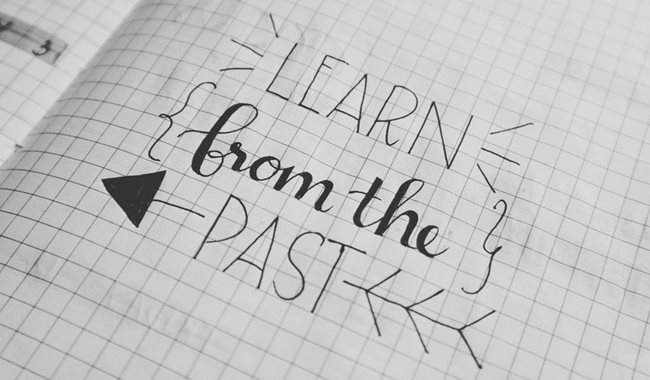
Subscribe & Follow
#AfricaMonth
In the news
#20Lessons20Years: Lesson 18: Complacency, the rule of doubling efforts

This advice has been a guiding axiom for me over the years. I have not only applied it to good and bad press coverage but, more importantly, I have applied it to good and bad news – especially winning or losing a sale or surpassing a competitor in a particular context.
The idea of not allowing oneself to become complacent is clichéd. It is covered in so many books on business and entrepreneurship. But what these books do not teach is how to not become complacent. The literature is filled with lessons of entrepreneurs, far better than myself, who fall prey to the intoxication of complacency.
Over my 20 years in Raizcorp, I have not been impervious to the surreptitious, subtle and insidiously corrosive spell of complacency. Thank goodness that in all these instances I have woken up quickly enough from each of the trances to which I succumbed.
Sadly, this is not true for many of my friends and fellow entrepreneurs who remained beguiled by the allure of complacency until they were forced to sell their fancy sports cars (one of the indicators of potential complacency) or, worse, their businesses.
The nature of complacency
The very subtle and slow nature of complacency is what makes it so hard to detect and respond to. I needed a mechanism, a rule so to speak, to ensure that I remained alert and healthily paranoid about complacency. In Andrew Grove’s book Only the Paranoid Survive, he demonstrates how, in the technology industry with its high levels of constant innovation, only those organisations that are culturally paranoid about becoming irrelevant last the long game.
I remember attending a World Economic Forum talk where the twenty-something-year-old Brian Chesky, co-founder and CEO of Airbnb, was being interviewed. He was asked what kept him up at night. His answer was, “A 16-year-old sitting in their bedroom writing a piece of software that will make Airbnb’s software irrelevant.” He went on to say that Airbnb constantly tests and retests their assumptions, and continually improves their software to ensure that challengers will find it hard to compete. They are paranoid about the 16-year-old.
The Double-Up Rule
After feeling the consequent sting of complacency one too many times, I decided to create a rule which I call the Double-Up Rule. Every time we win an account, we need to double our efforts. Every time we lose a deal, we need to double our efforts. Every time we achieve an internal target, we need to double our efforts, and every time we miss an internal target, we need to double our efforts.
The Double-Up Rule comes paired with the 24-Hour Rule. If we win a deal, we can celebrate for a maximum of 24 hours and, if we lose a deal, we can feel sorry for ourselves for a maximum of 24 hours. We do need to celebrate to punctuate our success and we do need to bask in self-pity to help us reflect and process our failure. But then it’s over. Time to move on, and time to double our efforts.
In my opinion, the more natural of the two double-up responses happens when you lose. You naturally feel upset and can channel that anger into the energy you need to double up. The caution here is to remove the anger from the equation because anger tends to cloud rational thinking and, although it might create the energy, that energy has a high probability of being focused in the wrong direction.
The less natural double-up response comes after winning at something. Your feedback from this winning experience is that you have what it takes to win. Doubling up while in this mindset can, if not checked, result in over-confidence and blindness to potential threats. Doubling up on positive results requires confident paranoia. Remember, the deal you have just won means that someone else has lost, and they are likely to respond to that experience but, more importantly, they will be learning from their losing experience and making sure they improve on their weaknesses and understand yours better. The next time you are up against them, they will probably be more formidable opponents.
None of us and none of our businesses are immune to the invisible power of complacency. However, those who set up processes, culture and, in particular, rules to loudly ring the bell to wake themselves up when in danger of succumbing to complacency are the ones who will retain their relevance in the market for decades to come.















